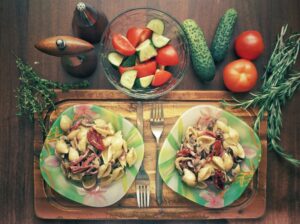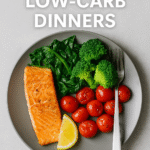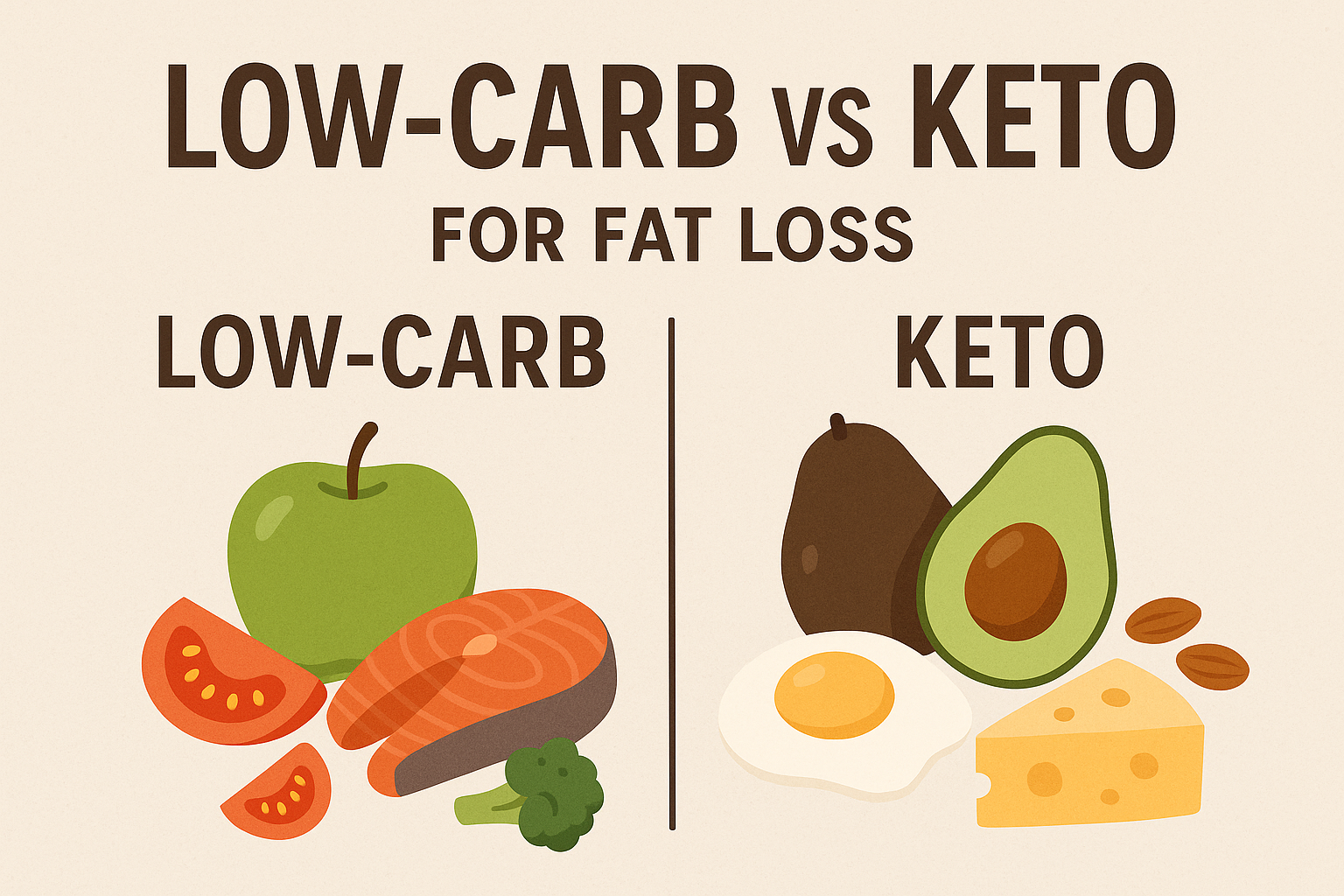The gut is often referred to as the “second brain” for a good reason. A healthy digestive system is not only essential for absorbing nutrients but also plays a crucial role in immune function, mental health, and overall well-being. If you’re struggling with bloating, gas, indigestion, or low energy levels, it might be time to adopt a gut-friendly meal plan.
In this comprehensive guide, we’ll walk you through the importance of gut health, how food affects your digestive system, and provide a sample gut-friendly meal plan that’s both practical and delicious.

🧠 Why Gut Health Matters
The human gut is home to over 100 trillion microorganisms—collectively known as the gut microbiome. These bacteria help:
-
Break down food
-
Absorb nutrients
-
Regulate mood (via serotonin production)
-
Strengthen the immune system
An unhealthy gut can lead to issues like:
-
Chronic bloating or constipation
-
Food sensitivities
-
Fatigue
-
Skin problems
-
Anxiety or depression
That’s why a gut-friendly diet isn’t just about digestion—it’s about full-body wellness.
🥗 What Makes a Meal Gut-Friendly?
To support your gut, meals should include:
✅ High-Fiber Foods:
Fiber feeds your good gut bacteria. Include:
-
Fruits (apples, berries, bananas)
-
Vegetables (broccoli, spinach, carrots)
-
Legumes (lentils, chickpeas)
-
Whole grains (oats, quinoa)
✅ Fermented Foods:
They introduce healthy bacteria (probiotics) to your gut:
-
Yogurt with live cultures
-
Kefir
-
Kimchi
-
Sauerkraut
-
Miso
-
Kombucha
✅ Prebiotics:
Prebiotics are types of fiber that feed probiotics:
-
Garlic
-
Onion
-
Leeks
-
Asparagus
-
Green bananas
✅ Healthy Fats:
Omega-3 fatty acids help reduce gut inflammation:
-
Fatty fish (salmon, sardines)
-
Olive oil
-
Flaxseeds
-
Chia seeds
✅ Hydration:
Water helps fiber do its job and prevents constipation.
🛑 Foods to Avoid in a Gut-Friendly Diet
-
❌ Refined sugar (feeds harmful bacteria)
-
❌ Processed foods (contain additives and preservatives)
-
❌ Artificial sweeteners (like sucralose and aspartame)
-
❌ Excessive alcohol
-
❌ High-fat fried foods
🧾 1-Day Sample Gut-Friendly Meal Plan
Here’s a practical, delicious, and USA-friendly gut-friendly meal plan:
🌅 Breakfast: Greek Yogurt Bowl with Fruits and Seeds
Ingredients:
-
1 cup plain Greek yogurt (with live cultures)
-
½ banana (prebiotic-rich)
-
¼ cup blueberries (high in fiber)
-
1 tbsp chia seeds
-
1 tbsp crushed walnuts
-
Drizzle of honey
Why it’s gut-friendly:
This meal includes probiotics, fiber, omega-3s, and antioxidants in one bowl.
☕ Mid-Morning Snack: Herbal Tea + Apple Slices with Almond Butter
Why it works:
Apples are rich in pectin (a prebiotic fiber) and almond butter offers healthy fats.
🥗 Lunch: Grilled Salmon with Quinoa and Steamed Broccoli
Ingredients:
-
4 oz grilled salmon (omega-3 rich)
-
½ cup cooked quinoa (fiber-rich whole grain)
-
1 cup steamed broccoli
-
Lemon-olive oil dressing
Why it’s gut-friendly:
This meal reduces inflammation and fuels good bacteria growth.
🫖 Afternoon Snack: Kombucha + Handful of Pumpkin Seeds
Why it works:
Kombucha provides probiotics, while pumpkin seeds support digestion and immunity.
🌙 Dinner: Stir-Fried Vegetables with Tempeh and Brown Rice
Ingredients:
-
Tempeh (fermented soy, protein-rich)
-
Bell peppers, carrots, cabbage
-
Garlic and ginger (prebiotics + anti-inflammatory)
-
½ cup brown rice
-
Coconut aminos or low-sodium tamari
Why it’s gut-friendly:
Loaded with prebiotics, plant fiber, and fermented protein.
🍵 Optional Dessert: Warm Herbal Tea + 1 Piece of Dark Chocolate (70%)
Why it works:
Supports relaxation, and dark chocolate (in moderation) contains antioxidants.
📝 Tips to Make Your Gut-Friendly Meal Plan Work
-
Chew Slowly: Digestion begins in the mouth.
-
Eat at Regular Times: Keeps your gut rhythm balanced.
-
Avoid Overeating: Stress on the digestive system.
-
Include Fermented Foods Daily: Rotation is key.
-
Stay Active: Walking or light exercise aids digestion.
-
Listen to Your Gut: Note how your body reacts after meals.
💡 Bonus: Best Probiotic Supplements (If Needed)
While whole foods are the best source, sometimes a quality probiotic supplement helps:
-
Look for multi-strain (Lactobacillus, Bifidobacterium)
-
At least 10 billion CFU (colony-forming units)
-
Refrigerated or shelf-stable with expiration date
Always consult a doctor before adding supplements to your routine.
✅ Final Thoughts
A gut-friendly meal plan isn’t restrictive—it’s nourishing. By focusing on whole, fiber-rich, fermented, and plant-based foods, you’re not only improving digestion but also boosting energy, skin health, mental clarity, and immunity.
Remember: Your gut health is the foundation of your entire well-being. Start making small changes today and feel the difference inside out!









